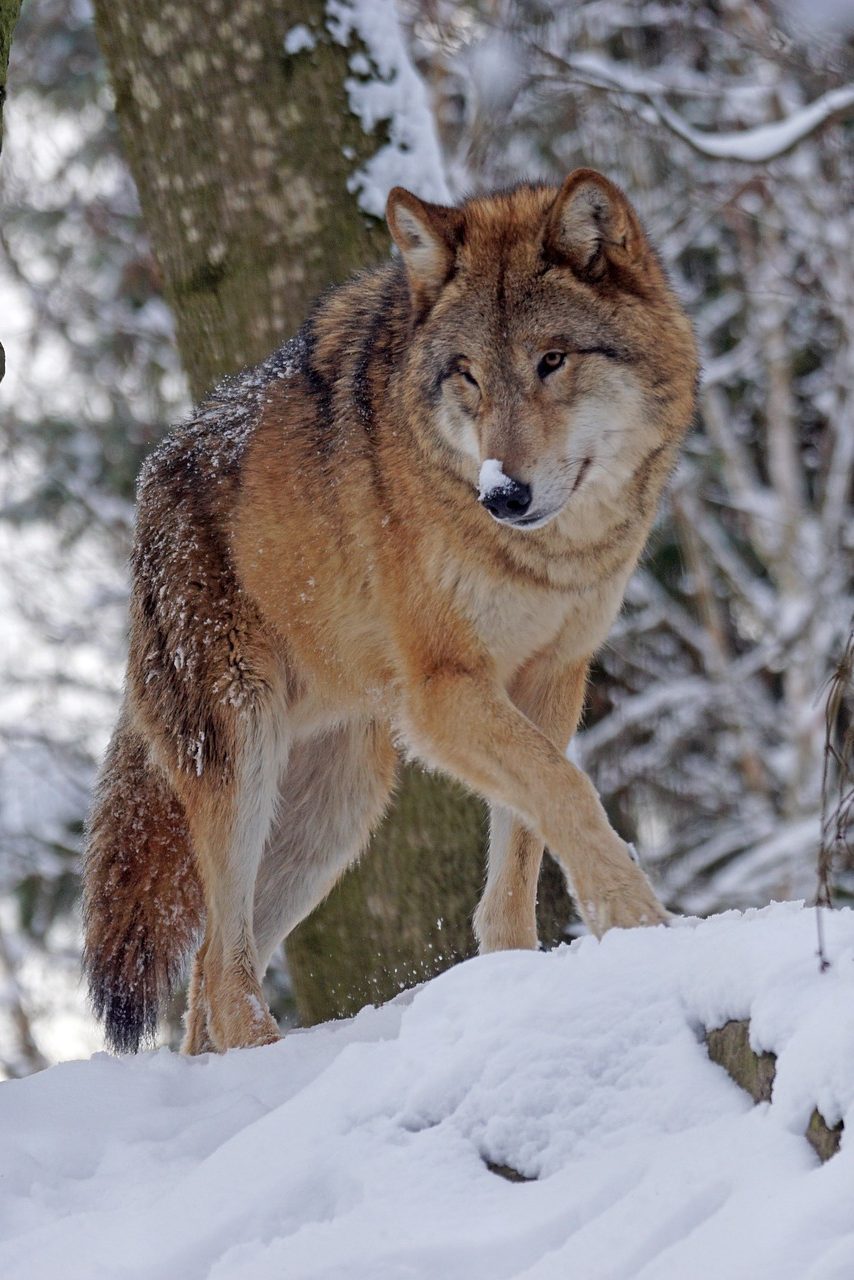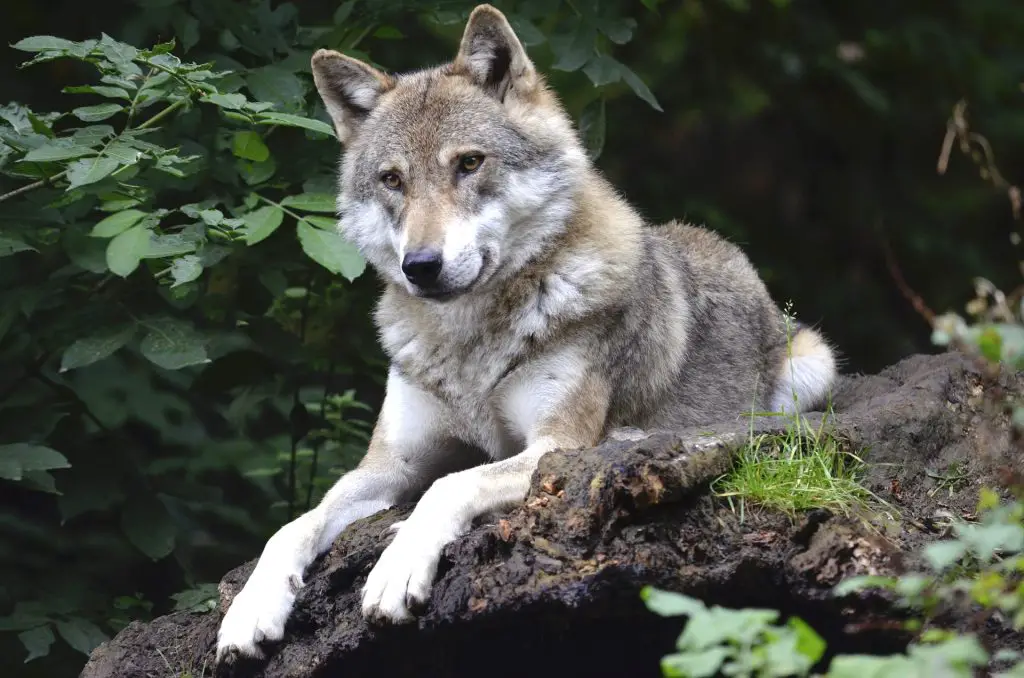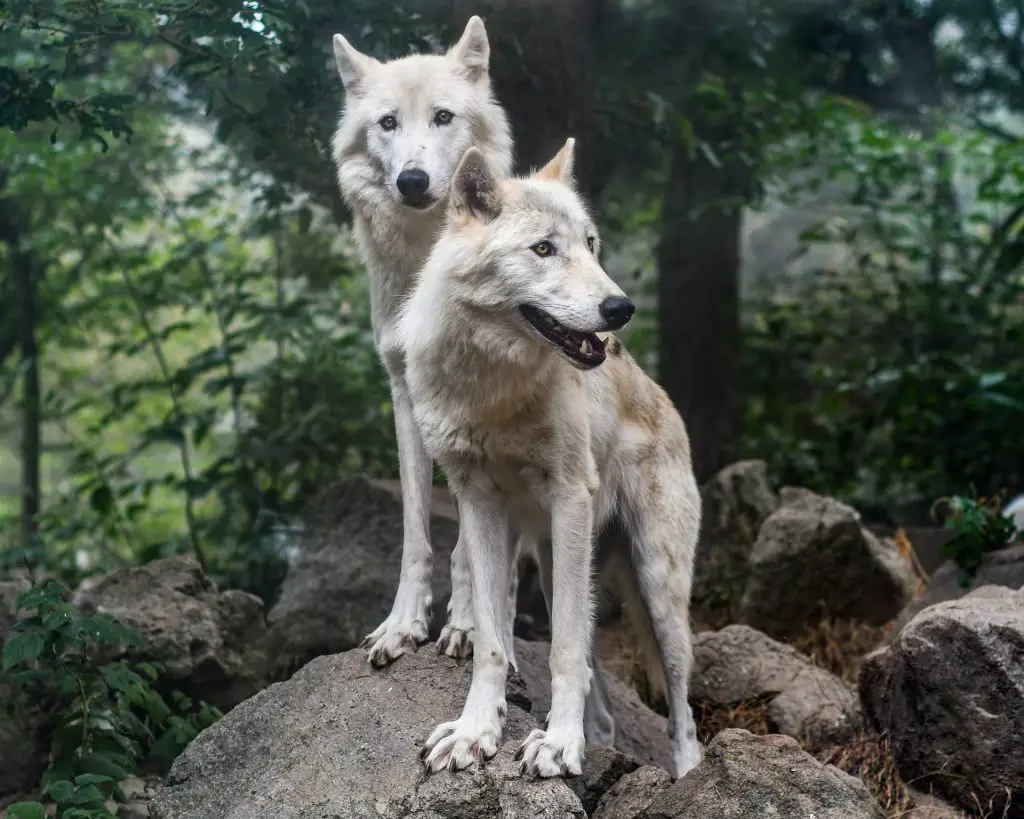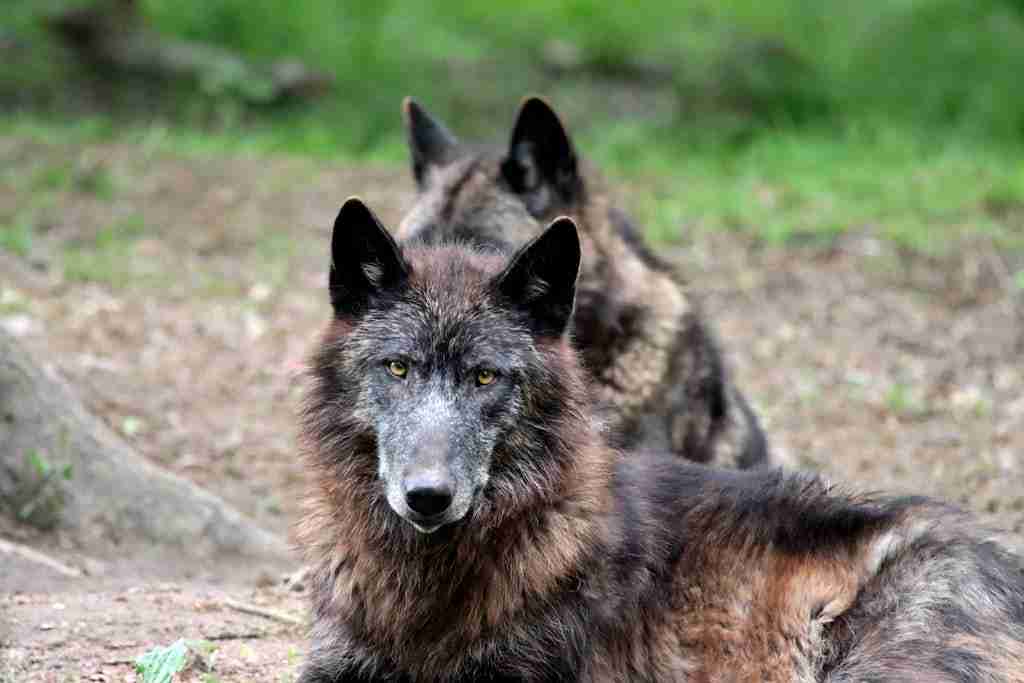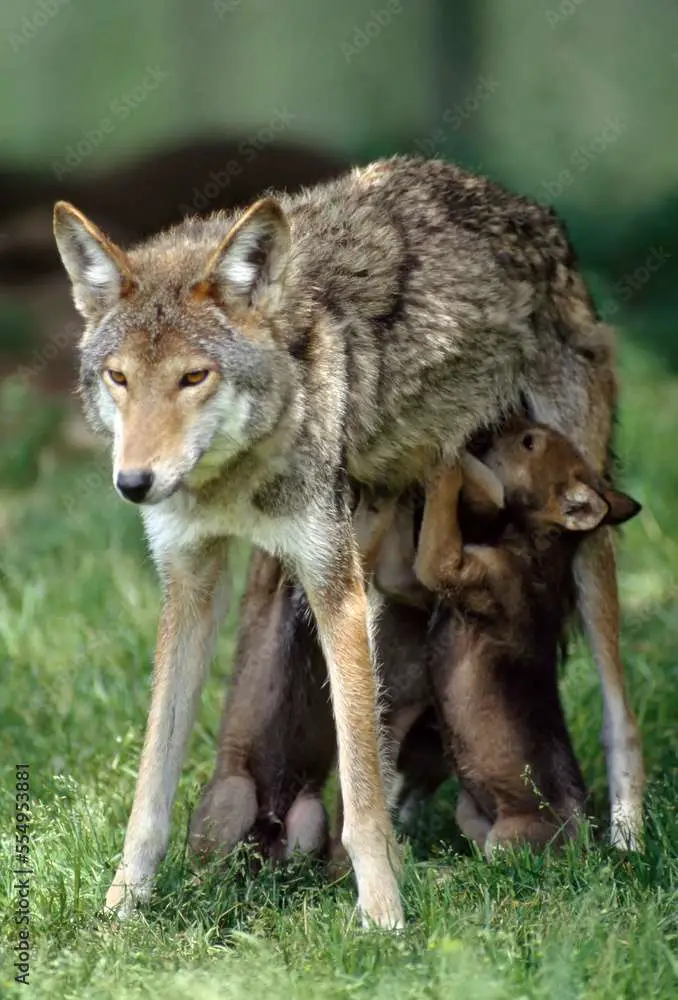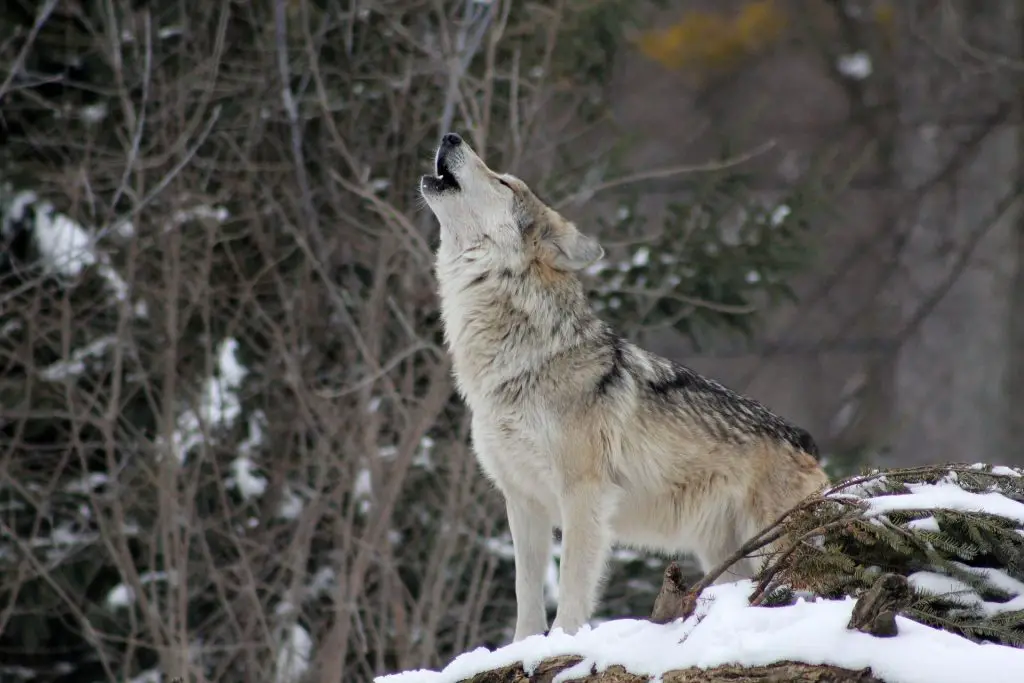
Articles & Posts
We at The Wolf Info believe providing information about wolves will enrich the lives of people and ultimately protect these wild creatures and their homes.
Wolf Conservation
Wolf conservation is a top priority for us at The Wolf Info. We believe that public outreach is critical step in fostering a strong foundation of community support for wolf conservation efforts. Fair legislation protecting wolves and their habitats starts with individuals and wolf advocacy groups.
About The Wolf Info
We are dedicated to wolf conservation and advocacy here at The Wolf Info. Our goal is to inform, dispel myths about wolves, and foster peaceful coexistence between wolves and people.
Main Wolf Topics
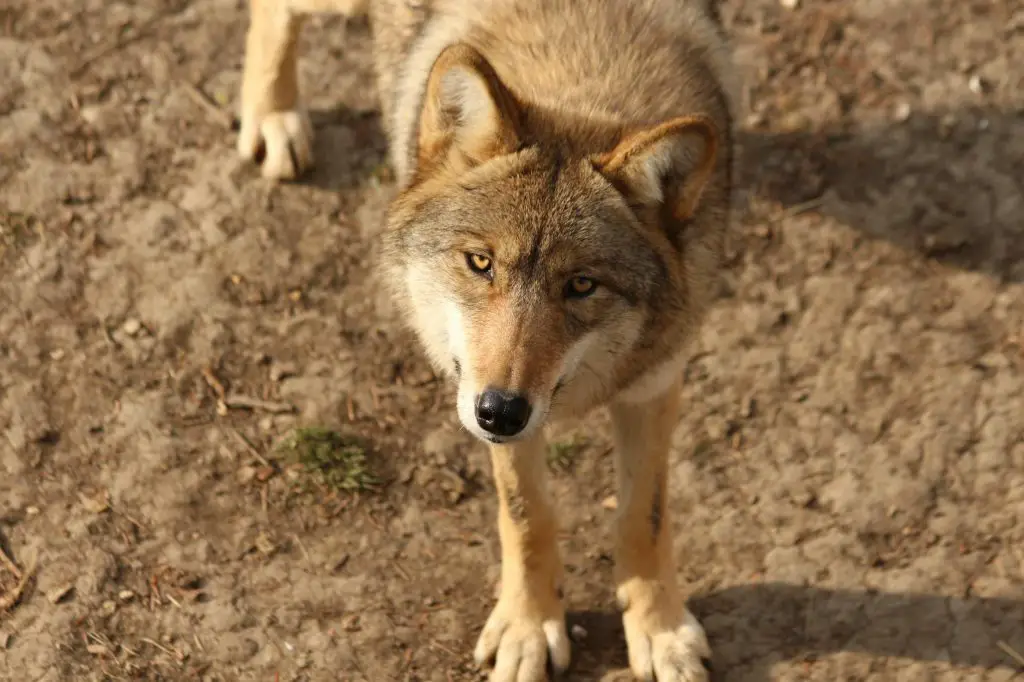
Wolf Media
national park Wolf programs, Wolf rescue groups, Wolf Sancuaries, Wolves in Zoos

We are THE WOLF INFO
Ecologists dedicated to wolf conservation efforts through public outreach.
Coming soon! Follow us on social and never miss a post!
Coastal Wolves
Coastal Wolves Coastal wolves, also known as sea wolves or beach wolves, inhabit the rugged coastlines and islands of North America’s Pacific Northwest, where they have adapted to a unique ecological niche shaped by the interface of land and sea. These wolves display distinctive behaviors and dietary preferences influenced by their coastal environment, including a…
Behavioral Differences between Dogs and Wolves
Behavioral Differences between Dogs and Wolves Dogs and wolves, despite their shared ancestry, exhibit notable behavioral differences shaped by domestication and evolutionary divergence. Dogs, through thousands of years of selective breeding and cohabitation with humans, have developed a range of behaviors tailored to life as companions and working animals. They often display increased sociability, dependence…
Mountain Wolves
Mountain Wolves Mountain wolves, also known as high-altitude or alpine wolves, inhabit rugged and remote landscapes characterized by steep slopes, rocky terrain, and diverse vegetation types. These wolves have evolved specialized adaptations to thrive in the challenging environments of mountainous regions, including efficient water metabolism, endurance for traversing steep slopes, and strategies for hunting elusive…
Marsh Wolves
Marsh Wolves Marsh wolves, also known as maned wolves, are distinctive canids native to South America, primarily found in the wetlands and grasslands of Brazil, Argentina, and Paraguay. These enigmatic creatures possess a striking appearance, characterized by their long legs, reddish-brown fur, and distinctive mane-like fur along their neck and shoulders, which gives them their…
Desert Wolves
Desert Wolves Desert wolves, also known as desert-adapted or desert-dwelling wolves, inhabit arid and semi-arid regions characterized by sparse vegetation, extreme temperatures, and limited water sources. These wolves have evolved specialized adaptations to thrive in the challenging environments of desert ecosystems, including efficient water metabolism, nocturnal behavior, and opportunistic feeding strategies. Desert wolves typically prey…
Tundra Wolves
Tundra Wolves Tundra wolves, also known as arctic wolves or polar wolves, inhabit the expansive and harsh tundra regions of the Arctic Circle, characterized by freezing temperatures, permafrost, and sparse vegetation. These wolves have evolved specialized adaptations to survive in the extreme conditions of the tundra, including dense fur coats for insulation, large padded feet…
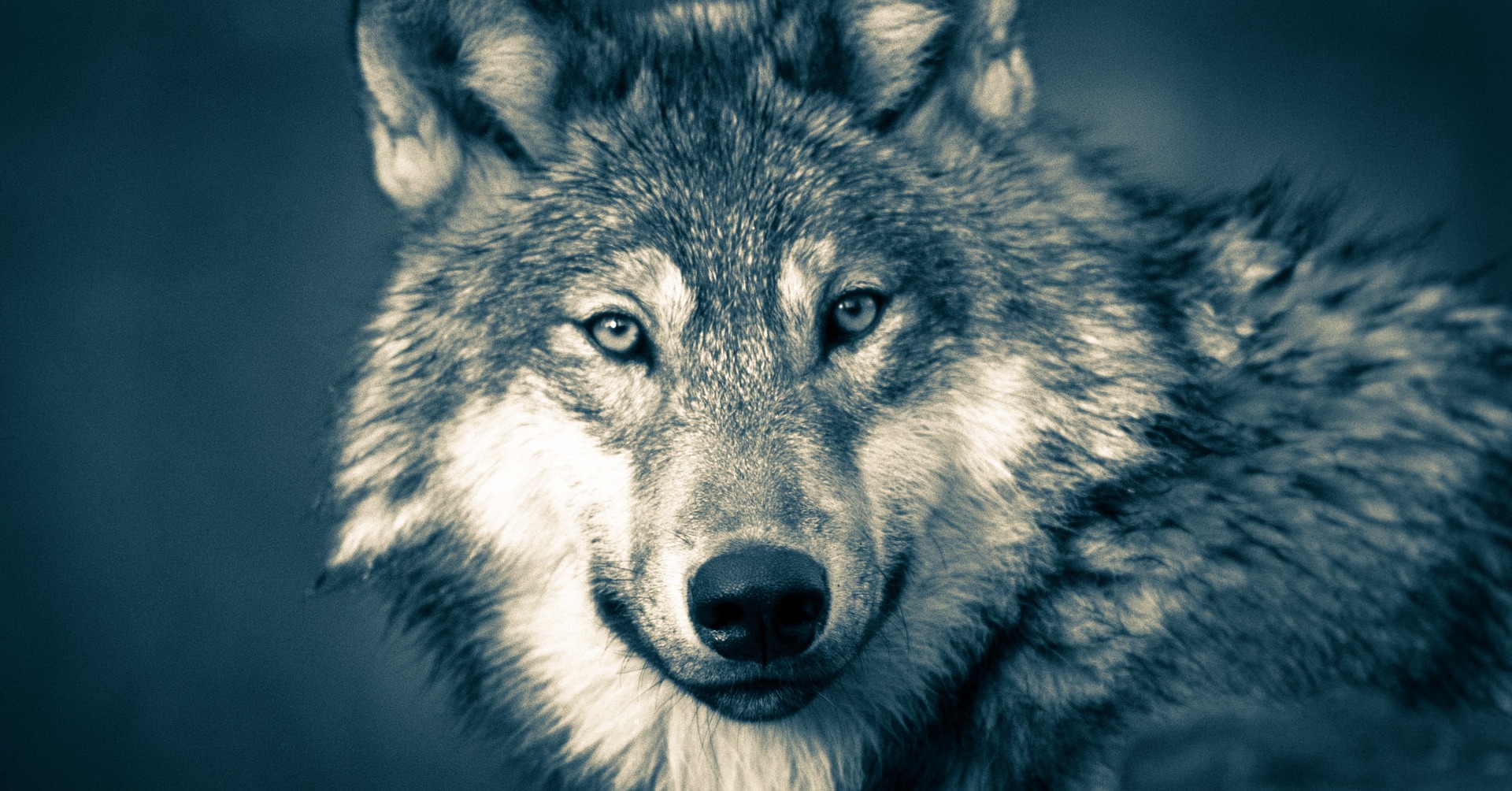
KEEP
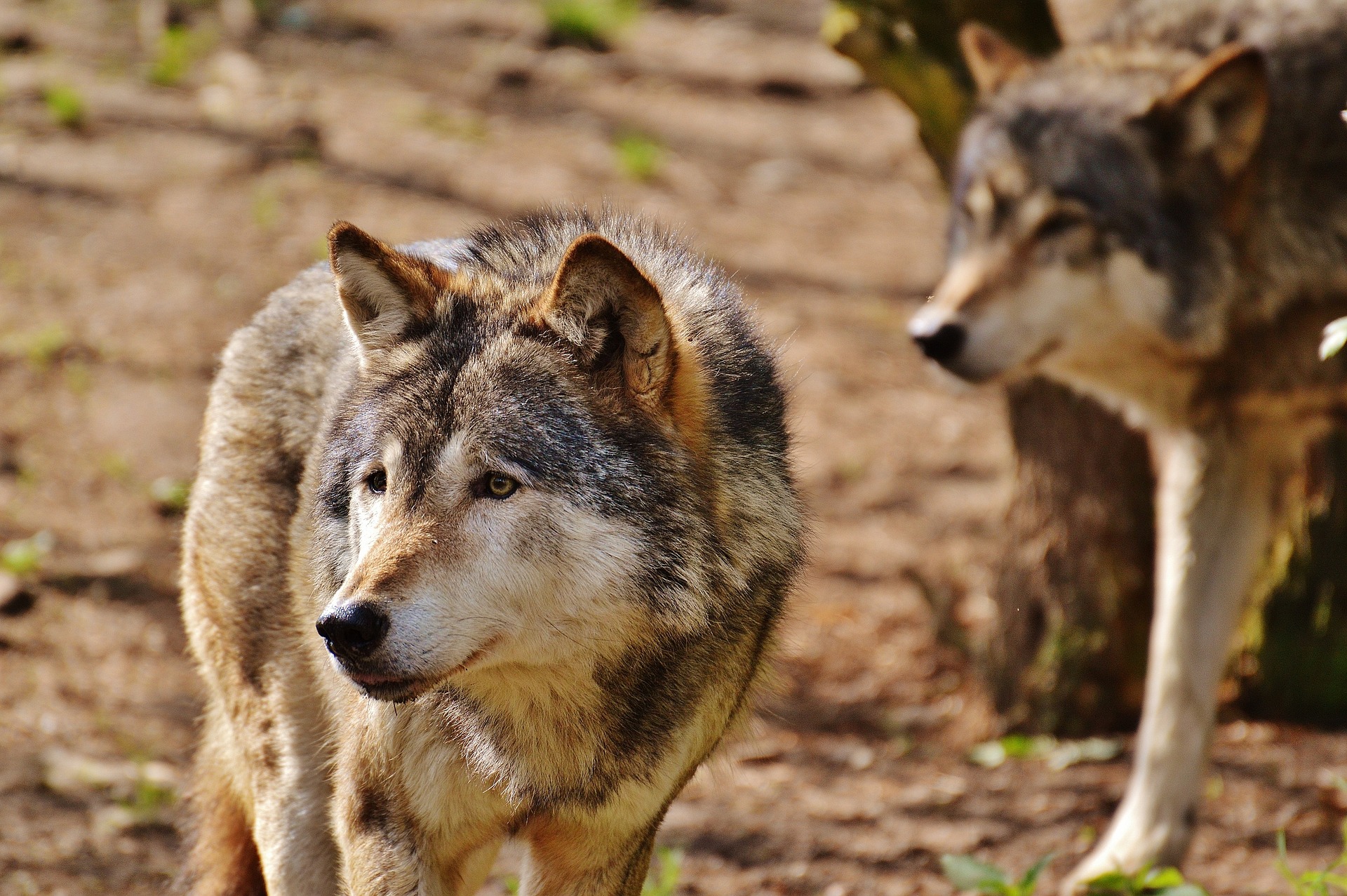
US
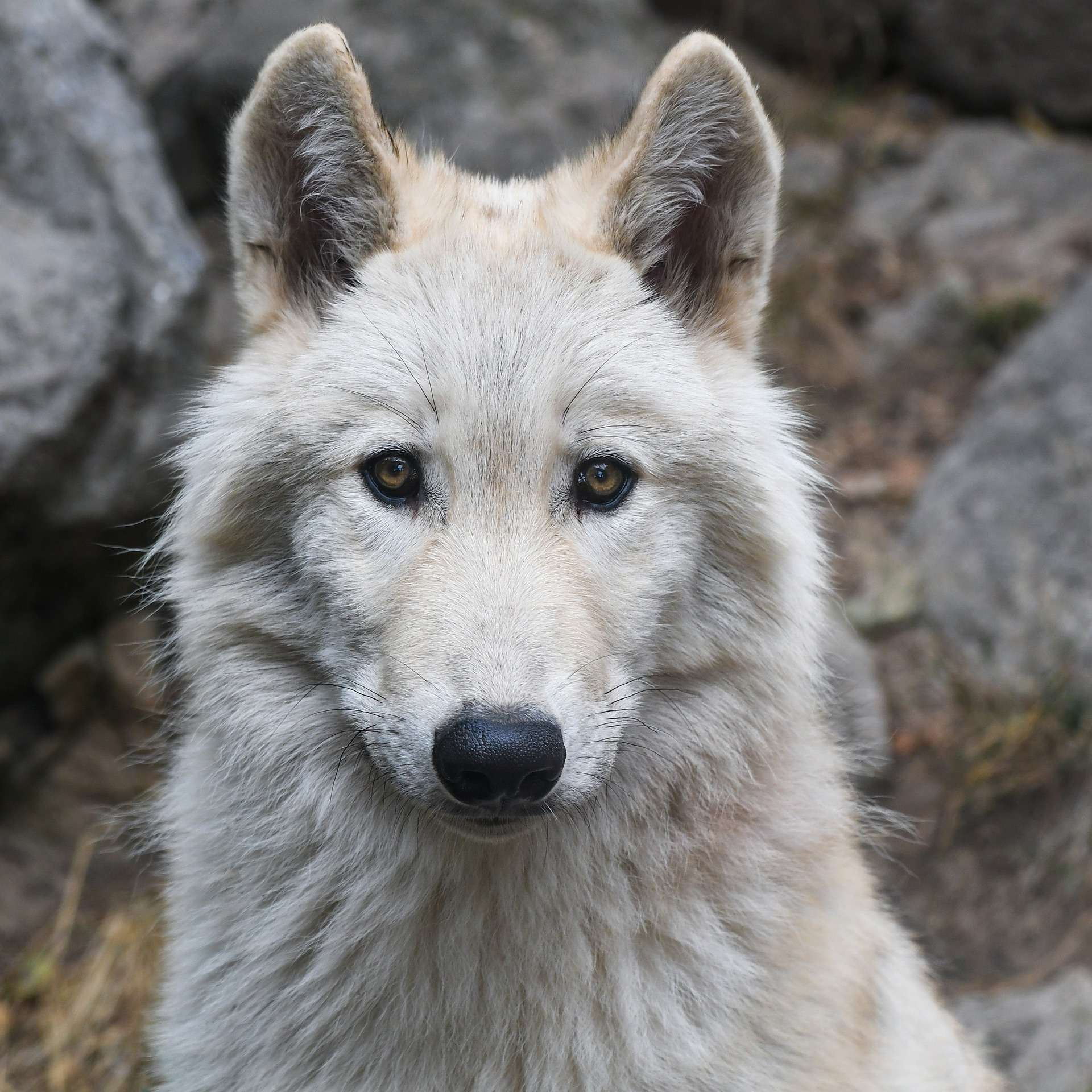
WILD

AND FREE
